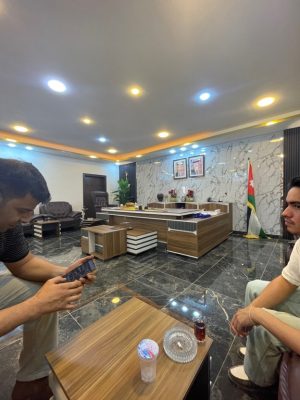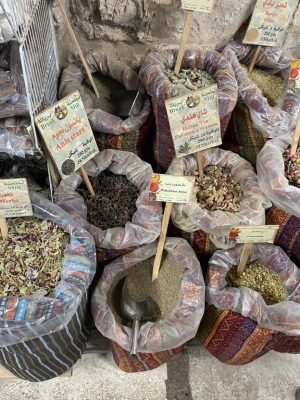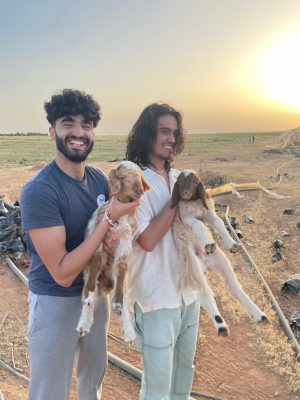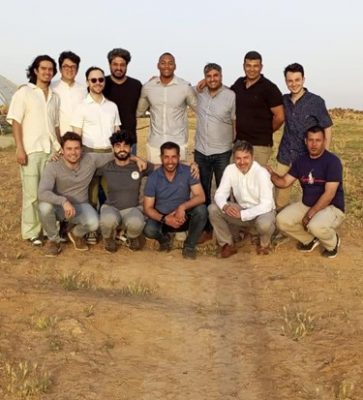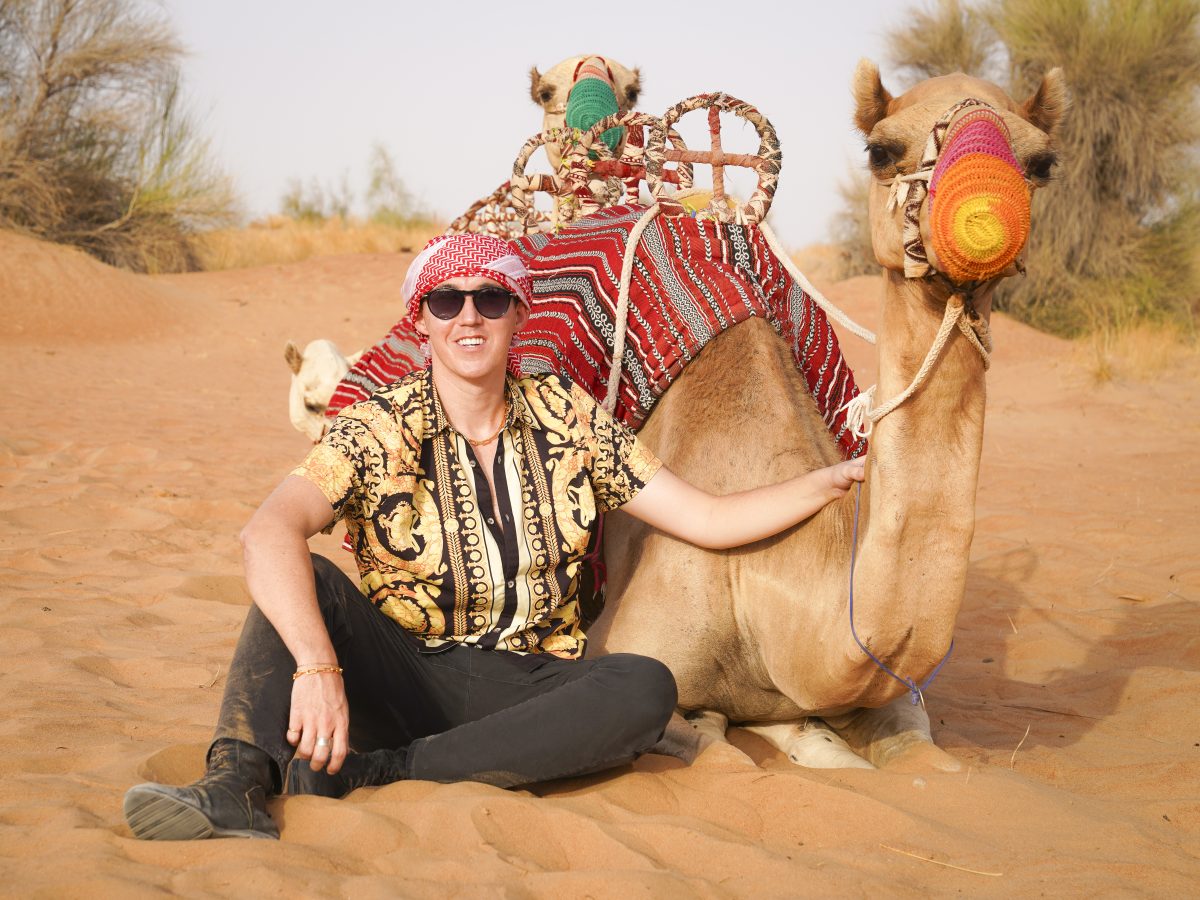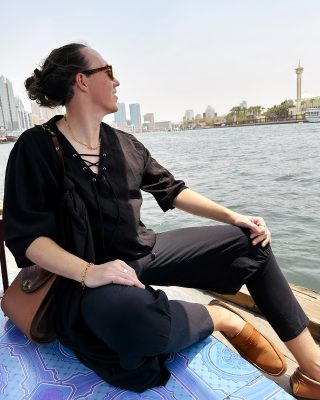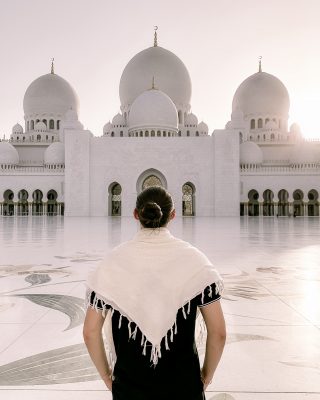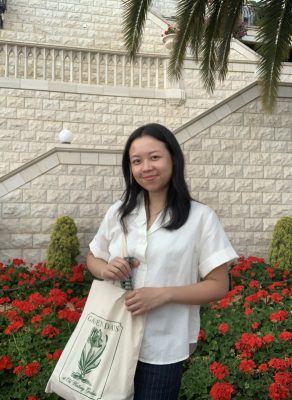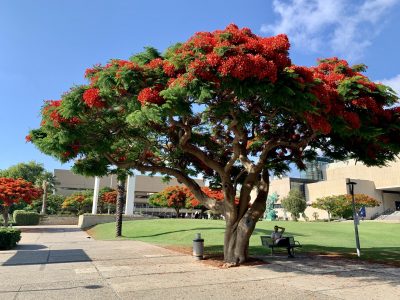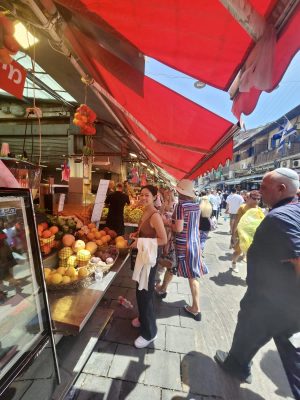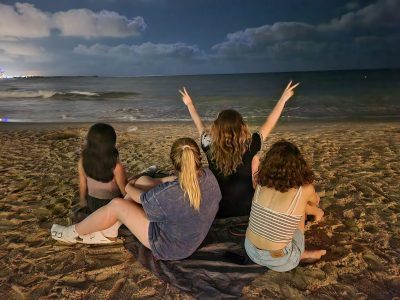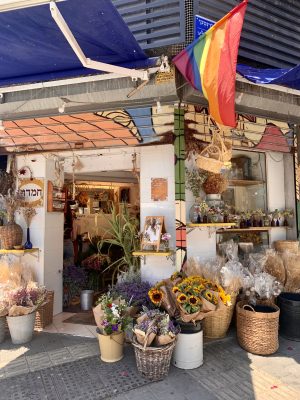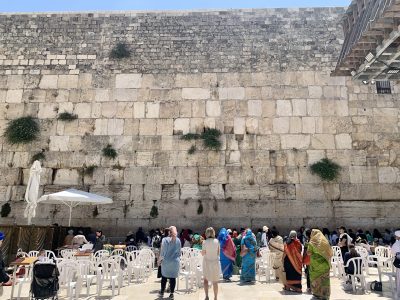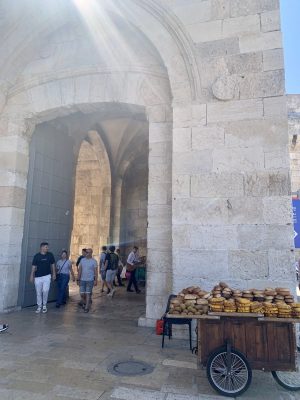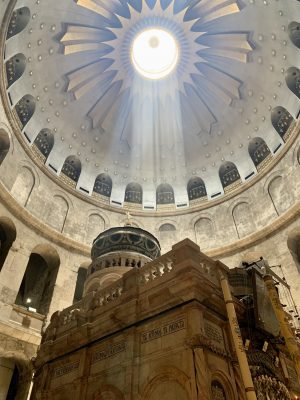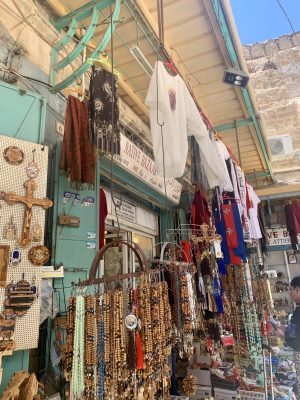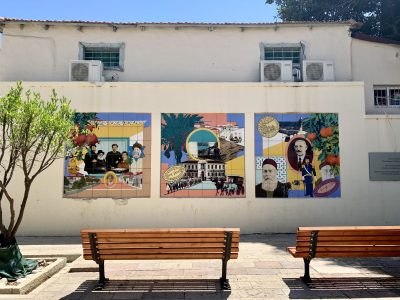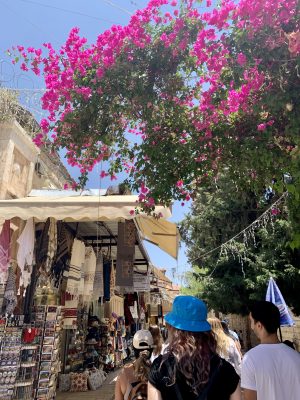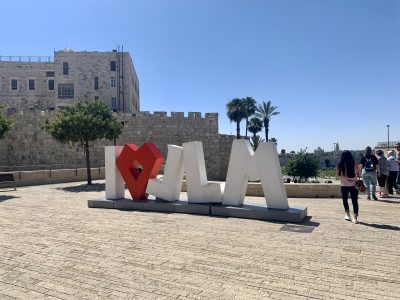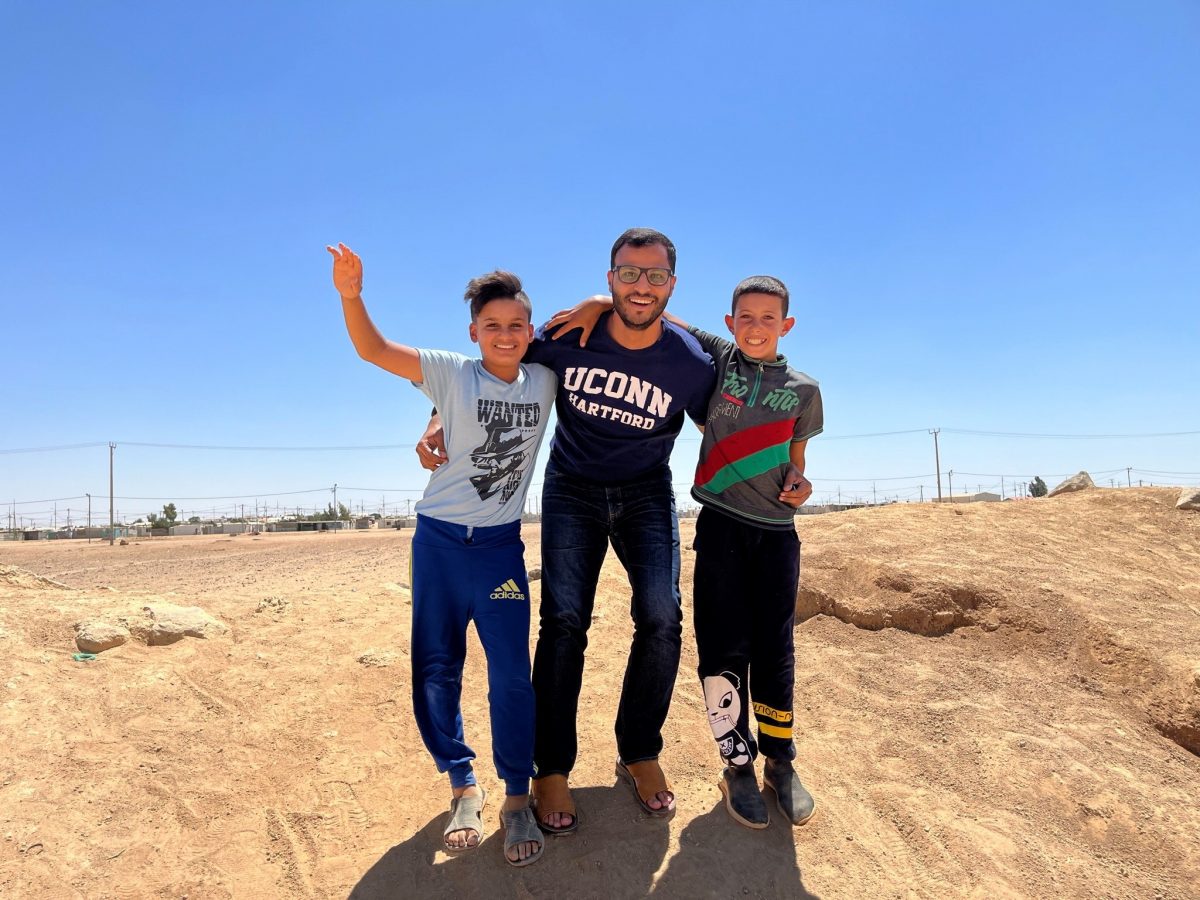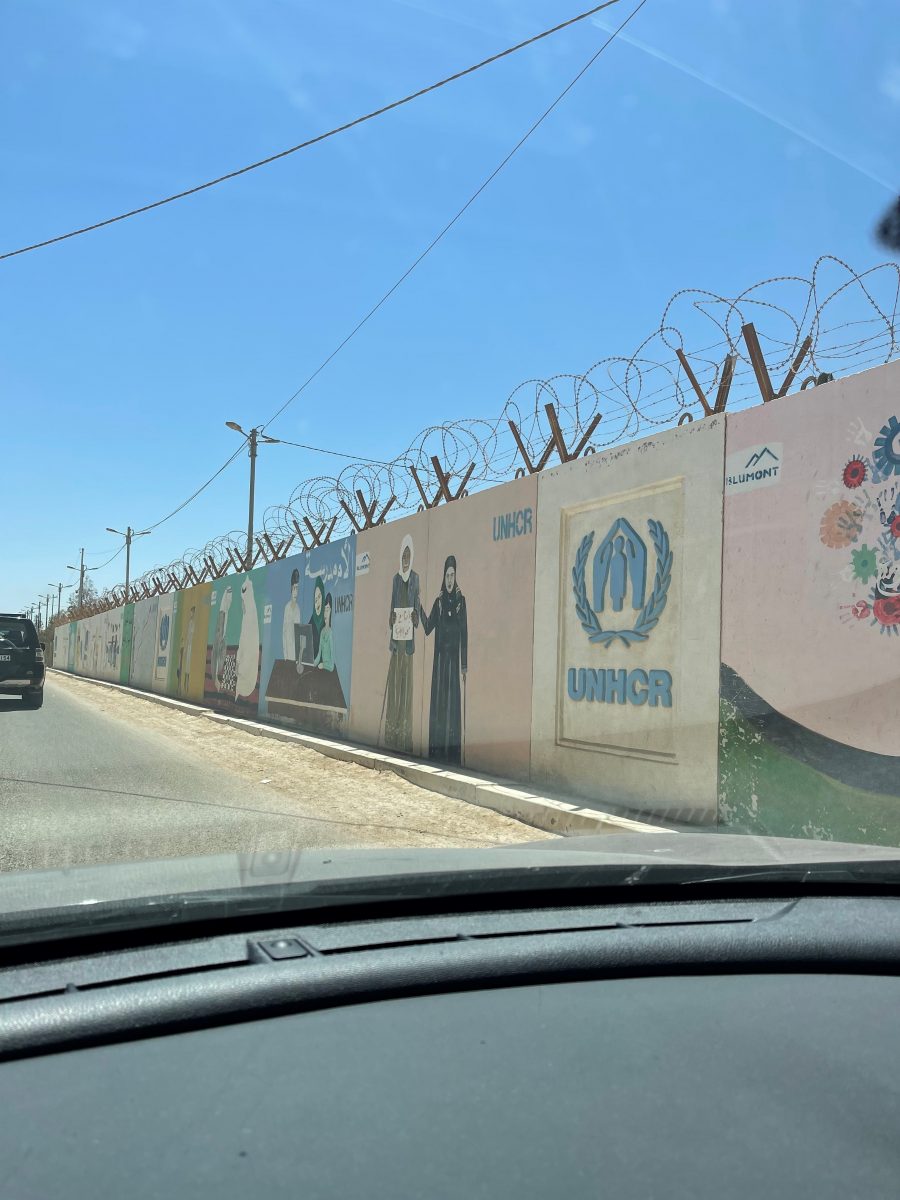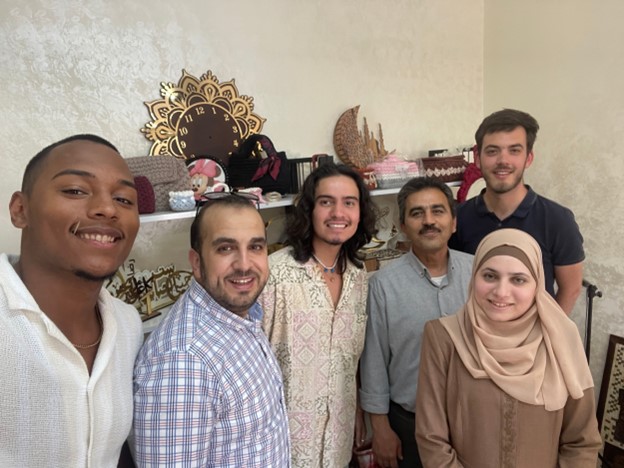
Forwarding Startup Research with Data that Makes a Difference
Through connecting with the University of Connecticut’s Abrahamic Initiative this previous summer, and the Boucher Management and Entrepreneurship Department, I had the opportunity of a lifetime to study abroad and conduct qualitative research in the Levant region. Aligning to a tee with the initiatives the institute attempts to accomplish, like furthering academic initiatives in the Middle East and supporting peaceful coexistence amongst the MENA region, our efforts in influencing sociological and economic trends and activity across Palestine and Jordan were carried across via the scholarship provided by this prestigious department. After receiving said funds, along with other members of Daigle Labs in Levant, we had the privilege of working directly with small to medium sized enterprises from Ramallah to Amman, and even as far as the Badiya, to educate founders and owners alike of navigation, academic coaching, and embarking on further missions utilizing market and no market strategy to develop and incentivize change. Collaborating with Eco Peace Palestine, Zaid Al-Attar, Shlash Oun, Dr. Ryan Coles, Marvin Maldonado, Peter Goggins and more forwarded our lab’s primary goal: forwarding startup research with data that makes a difference.
Ranging from experimentation in Ghana, South America, and other areas in Eurasia, our work in the MENA region has superseded previous studies in scope, impact, and potential. Working tightly with businesses, following six to eight week academic/business coaching plans, conducting intimate interviews, and spreading the word of success and avenues for it throughout the area created a community of like-mindedness and cultivated change and increased business development. Clients ranged from agribusinesses to retail, all with the hopes of taking the next steps necessary to solidify their spots in markets and enhance their small/medium sized businesses. The same drive was discovered in each owner to connect, act wisely, and seek knowledge, similar to that of what our Abrahamic Institute drives to achieve daily through similar initiatives. Most specifically, our groundbreaking project in Jordan took this concept and ran with it. In works with Shlash Oun and colleagues in the most arid and least fertile regions of Jordan, a blossoming form of agriculture has taken form for generations and continually grown through word of mouth and advancement of business tactics and innovating technology.
Through the partnership and accompanying research on the demographic/land changes in the region, we’ve been fortunate enough to assist in developing Muezzin: a mission bridging education and agricultural structure in Mafraq. The collision of research, business, and education has flighted plans for the establishment of a university in the region dedicated to the same concepts, bringing Jordanian students and refugees alike together to consolidate all group’s missions and increase ventures, economic sustainability, and overall interest in businesses across the nation. Booming agricultural tactics and knowledge through who and what is known is just a fraction of the impact made in MENA through multiple projects and 2 separate research missions over the course of the two weeks in our May 2023 visit. This transformative educational experience wouldn’t have been possible without the guiding hand of UConn’s Abrahamic Institute, who strives every day to illustrate change and illuminate the innovation and beauty of processes everywhere with similar goals.
Submitted September, 2023
